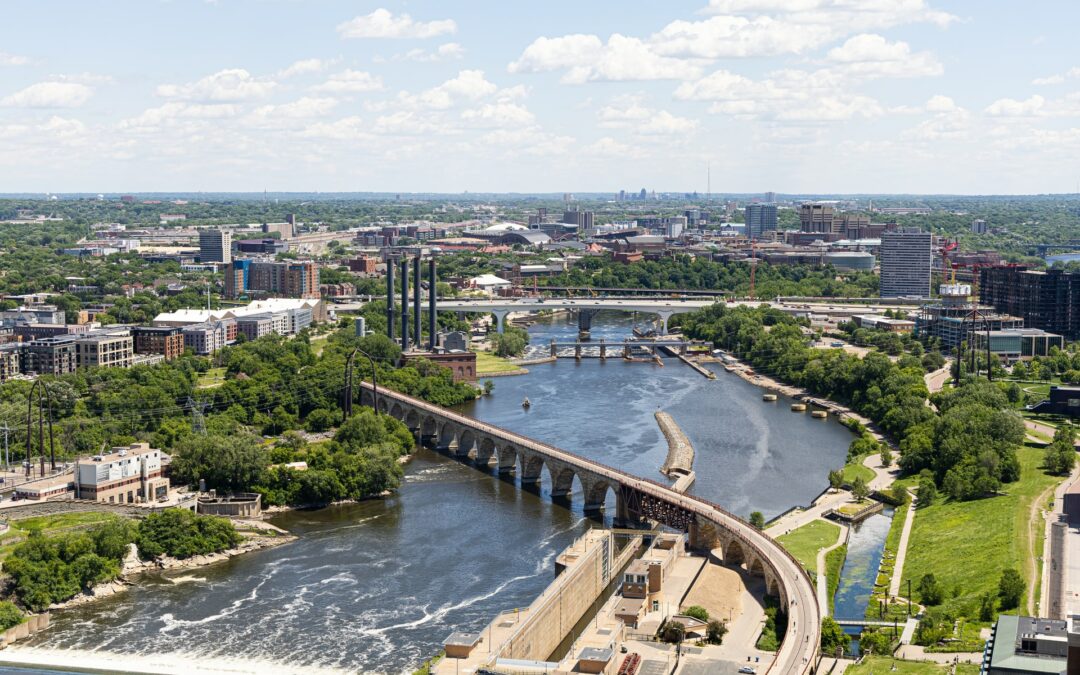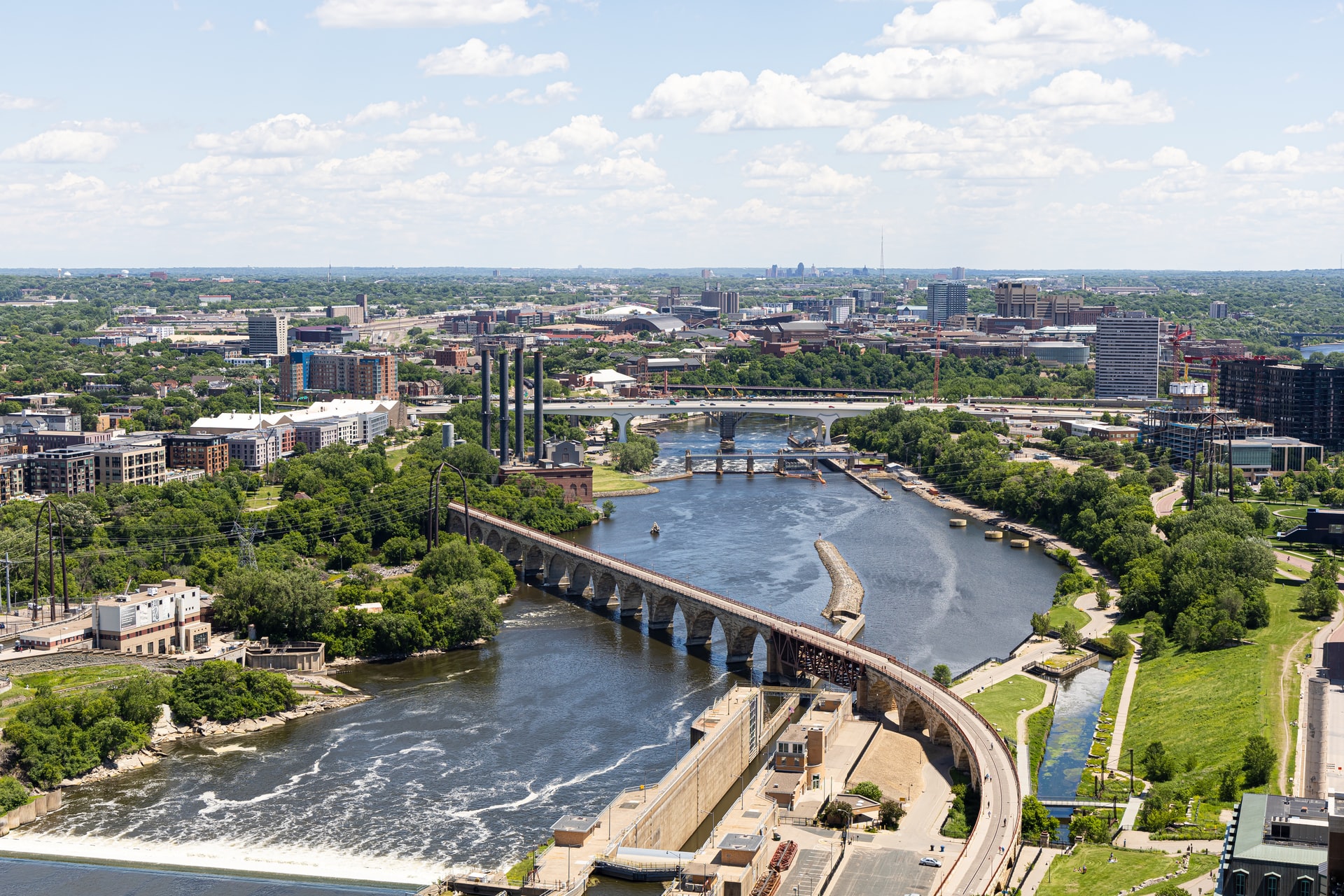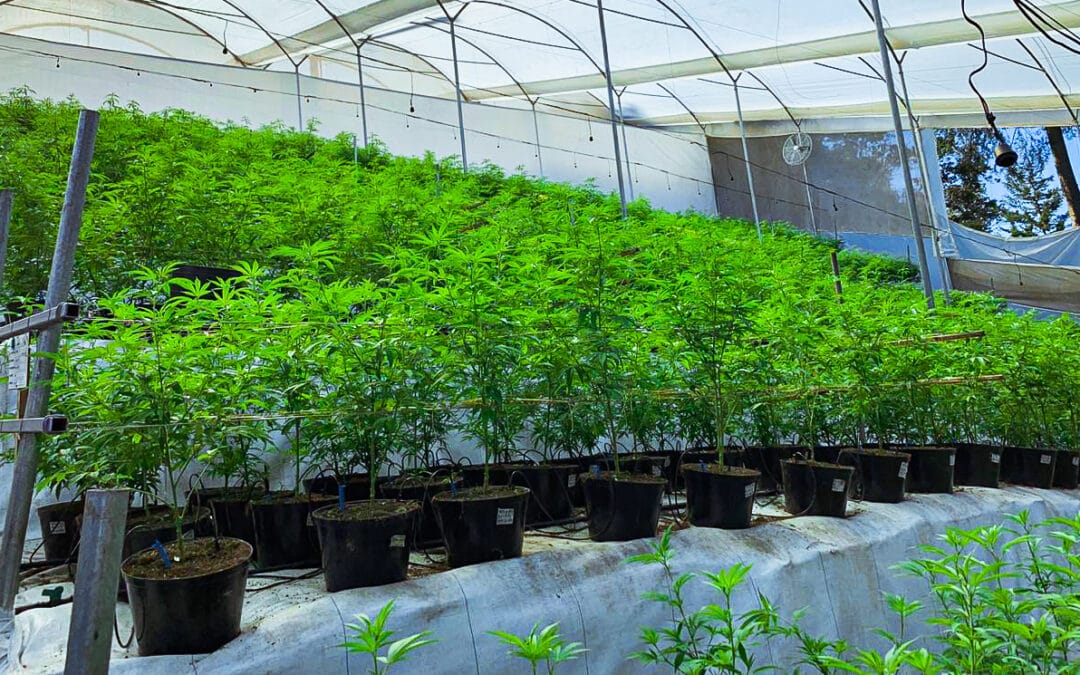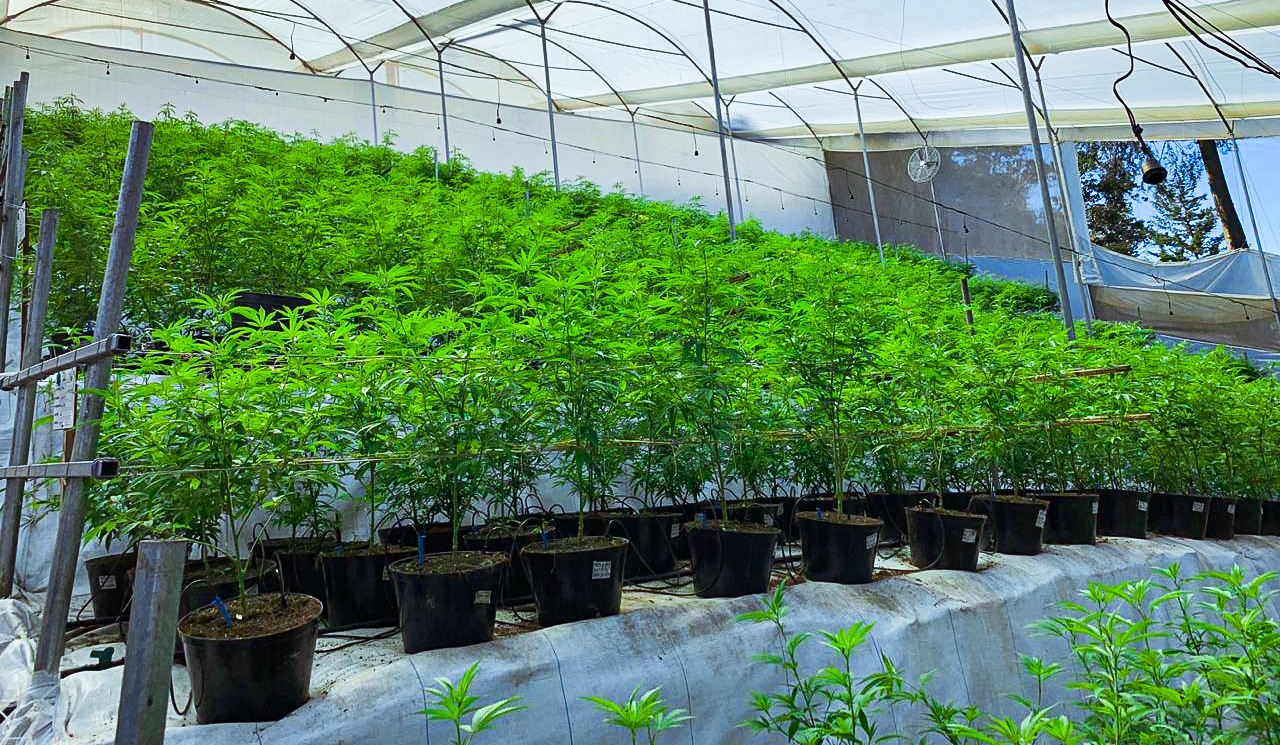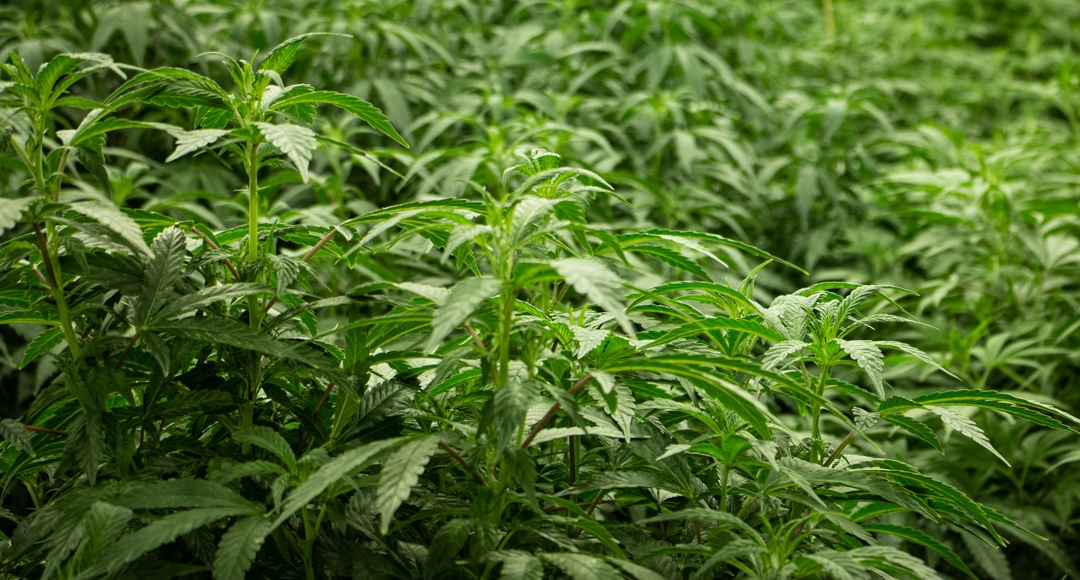Connecticut cannabis business applications now open
Connecticut’s first application window for businesses aiming to participate in the recreational cannabis market opened Thursday.
An educational webinar for businesses, the first of several planned as part of technical assistance aimed at helping social equity applicants, also streamed Thursday.
Non-lottery applications for cultivators in disproportionately impacted areas and lottery applications for recreational retailers are available.
Medical producers and dispensaries will also be allowed to convert to expanded licenses that allow them to participate in the medical and recreational markets. Applications for expanded producers and hybrid retailers are open.
Equity joint venture applications are also open. Equity joint ventures allow business entities to partner with applicants who meet certain social equity criteria.
Social equity status is determined by income and residency. The Social Equity Council, which is organizing technical assistance to aid businesses through the application process, is charged with ensuring the market benefits those who have been most impacted by the war on drugs.
All members of a household, regardless of relationship, will need to submit information on income for social equity applicants to meet the criteria, said Ginne-Rae Clay, interim director for the council.
This includes roommates, Clay said.
Half of all lottery licenses will go to social equity applicants. Application windows for more license types are set to open on a rolling basis over the next couple of months.
The state anticipates another lottery round in the second half of the year. Businesses that wish to participate will have to reapply for that round if they’re not selected in the first round, according to a state Department of Consumer Protection press release.

